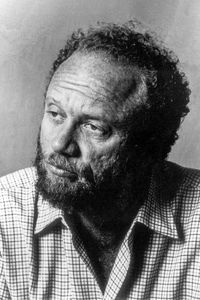Leon Hirszman, a renowned Brazilian filmmaker, was born on November 22, 1937, in Rio de Janeiro. He was a prominent figure in the Cinema Novo movement, a cinematic movement that emerged in Brazil in the late 1950s and early 1960s, characterized by its focus on social realism, experimentation, and a commitment to exploring the complexities of Brazilian society.
As a member of the Brazilian Communist Party (PCB),Hirszman's work was deeply influenced by Marxist ideology and the political debates that were taking place in Latin America during the Cold War era. His films often tackled themes related to social justice, inequality, and the struggles of the working class, reflecting his commitment to the principles of socialism and his desire to use cinema as a tool for social commentary and change.
Throughout his career, Hirszman's work was marked by a strong sense of social responsibility and a desire to challenge the dominant narratives and power structures that existed in Brazil at the time. His films often featured complex, nuanced characters and storylines that explored the experiences of marginalized communities and the struggles of the working class.
Hirszman's contributions to Brazilian cinema were significant, and his work continues to be celebrated and studied by film scholars and enthusiasts around the world. Despite his untimely death on September 15, 1987, at the age of 49, Hirszman's legacy lives on, and his films remain an important part of Brazil's rich cultural heritage.
















